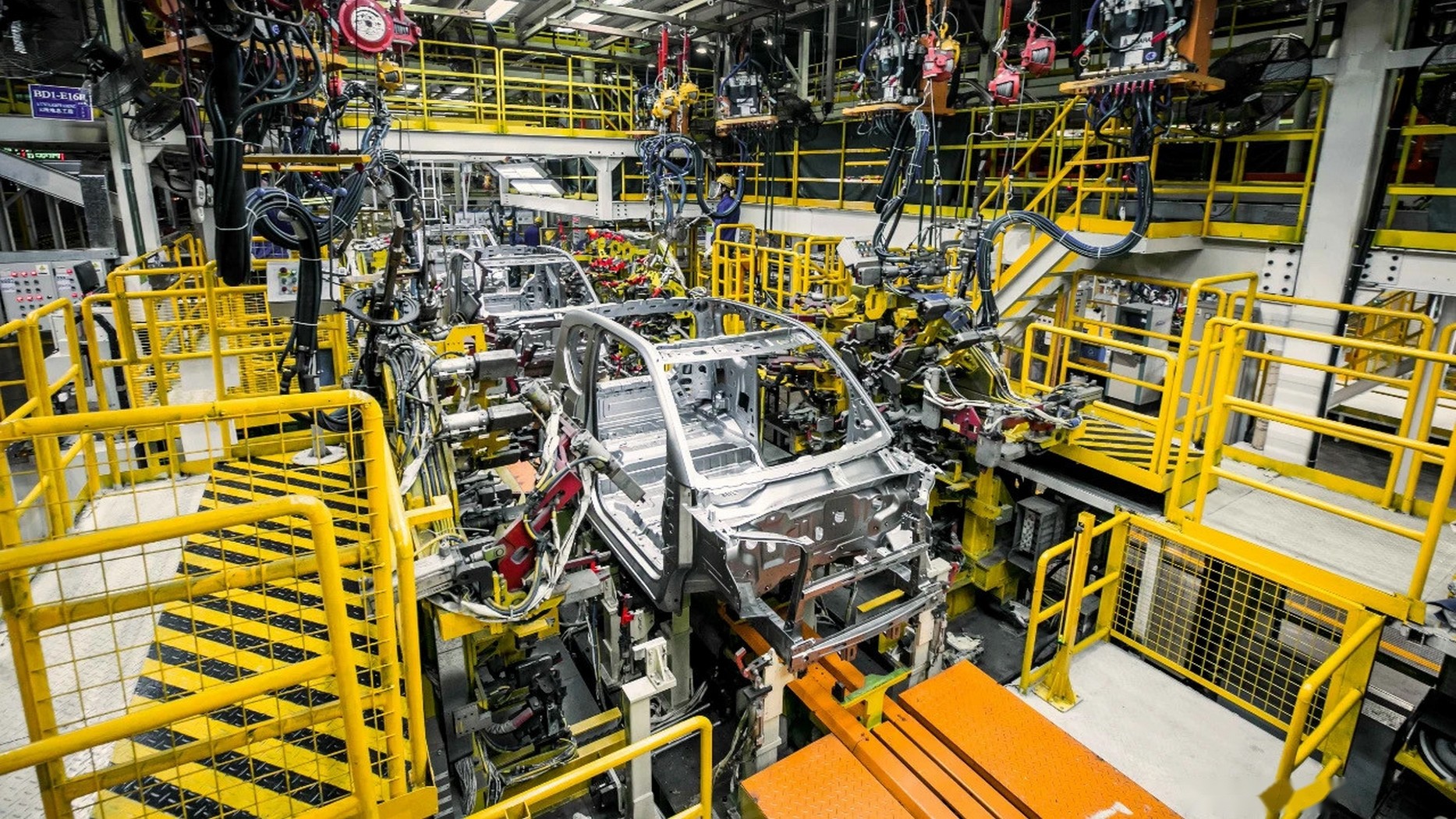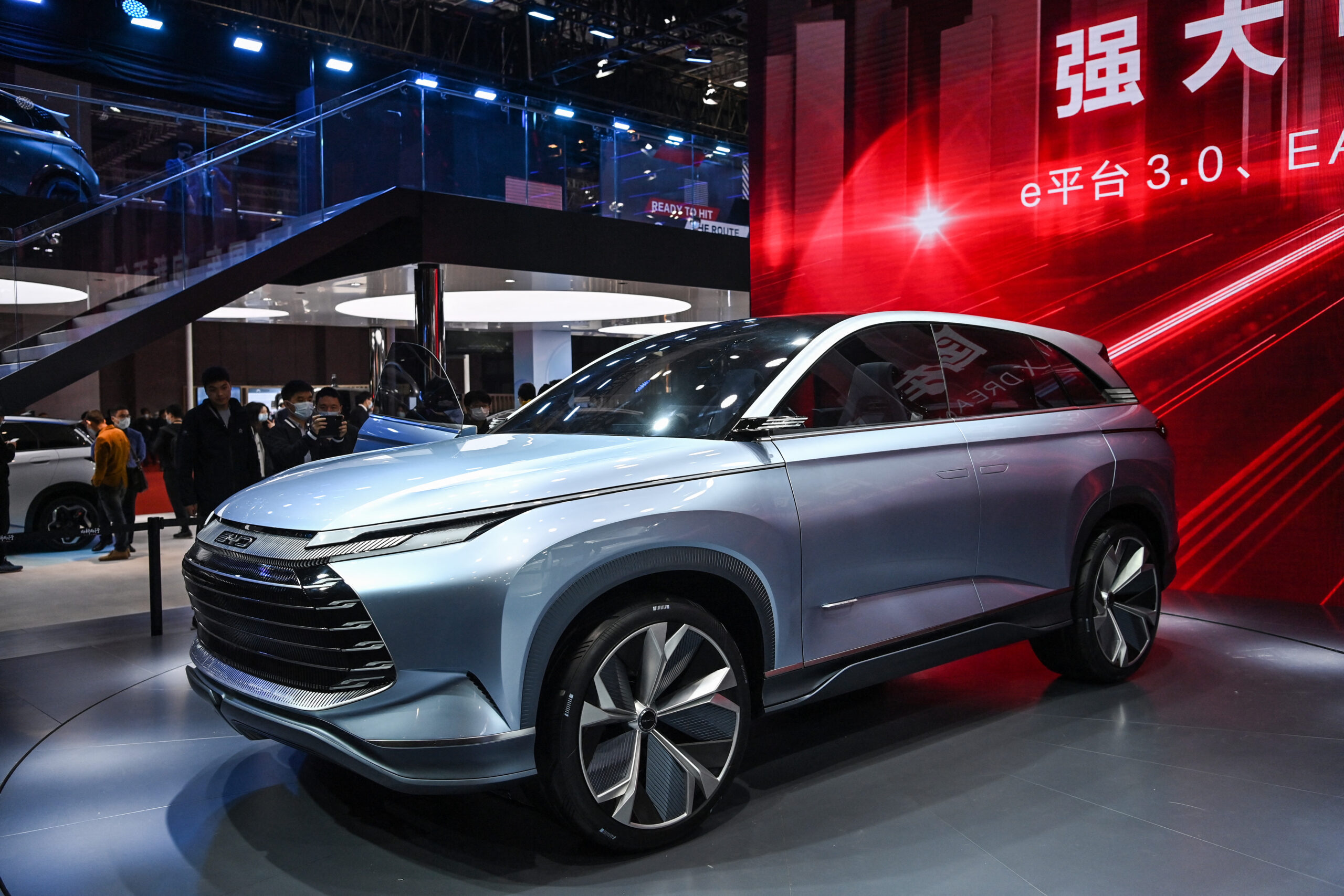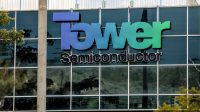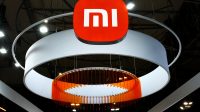Legacy automakers are feeling the heat from the surge in Chinese electric vehicles (EVs) that are budget friendly EVs, prompting them to expedite plans for cost-effective EVs. In response, they’re turning to suppliers across the board, from battery material manufacturers to chipmakers, to cut costs and accelerate the development of budget friendly EVs.
Shifting Dynamics: The Pursuit of Budget Friendly EVs

Andy Palmer, chairman of UK startup Brill Power, formerly Aston Martin’s CEO, notes the critical shift towards budget friendly EVs to stay competitive against Chinese manufacturers. Brill Power has developed hardware and software that can enhance EV battery management system performance, potentially increasing range by 60% and allowing for smaller, cost-effective batteries.
The fear of slowing demand due to the high cost of EVs has intensified the focus on cost reduction across the industry. Major players like Renault, Stellantis, Volkswagen, and Tesla are working on substantial cost reductions, aiming for price parity with traditional fossil-fuel models.
Innovative Solutions: Suppliers Driving Cost-Efficiency

OneD Battery Sciences, based in Palo Alto, California, is incorporating silicon nanowires into graphite EV battery anode material to enhance range and reduce charging time, resulting in significant cost savings. Veekim, in Hodenhagen, Germany, has developed an EV motor with magnets using budget friendly ferrite instead of rare earths, potentially cutting the motor’s price by 20%.
Notably, even established companies like chip maker NXP and Siemens are contributing to cost reduction efforts. NXP is collaborating with automakers to reduce the number of electronic control units in EVs, while Siemens has introduced software simulation called digital twins to streamline and expedite EV development.
The push for budget friendly EV options is not limited to startups; established automakers like GM and Ford are also adopting strategies to cut costs. GM, for instance, is developing a more cost-effective battery pack with LFP batteries, aiming to launch its revamped Bolt EV two years earlier than planned. Ford plans to reduce costs through increased in-sourcing of parts, including batteries and inverters.
Premium automakers are also joining the quest for lower EV costs. Our Next Energy is working on a battery pack with budget-friendly LFP technology, targeting the same electric driving range for half the price. Suppliers like CelLink and Addionics are introducing innovative solutions, such as laminate sheets to replace wire harnesses and porous, three-dimensional copper and aluminum electrode battery materials, respectively, to reduce production costs and enhance efficiency.
In summary, the automotive industry’s relentless pursuit of budget friendly EVs is driving collaboration with suppliers and the adoption of innovative technologies to cut costs across various components, from batteries to motors and beyond. The focus is on delivering cost-effective solutions without compromising performance, reflecting the urgency to compete with the influx of budget friendly Chinese electric vehicles.
Read More (EV)








